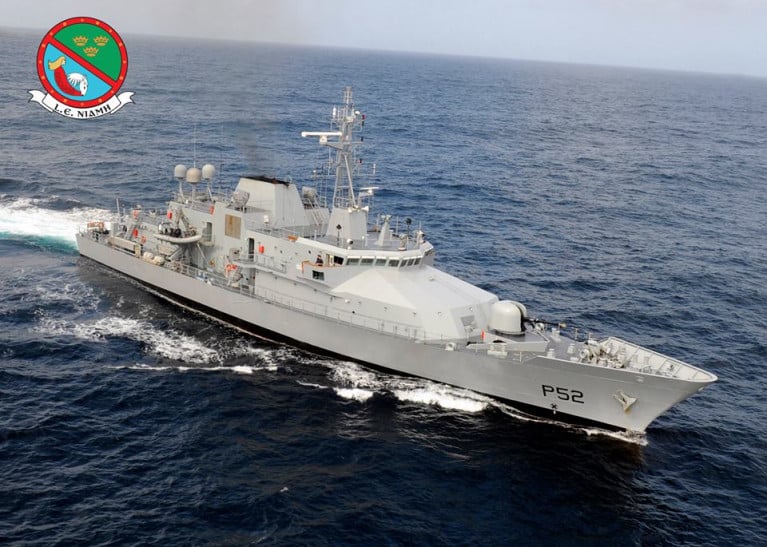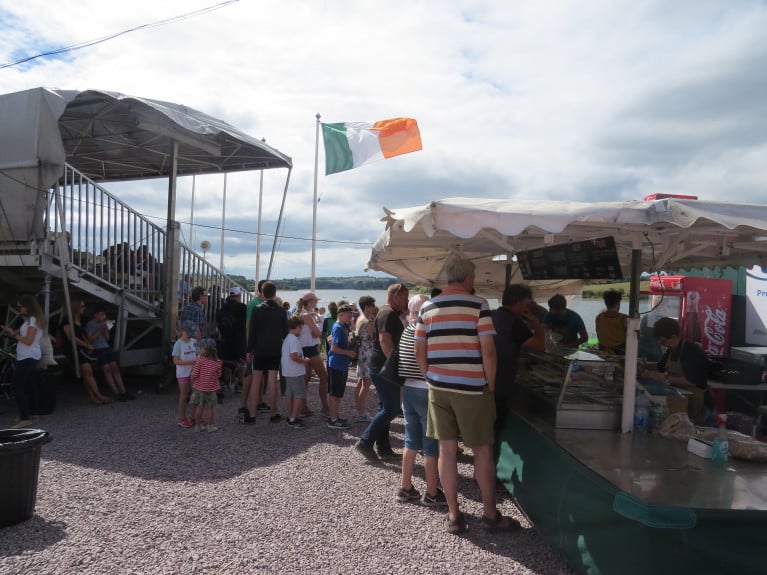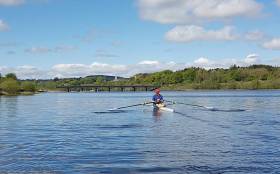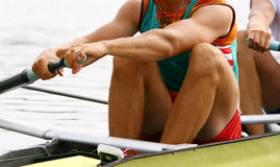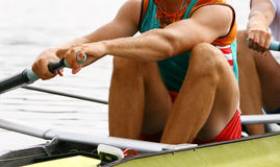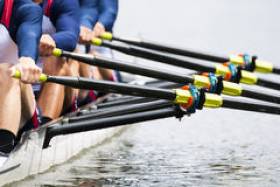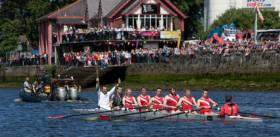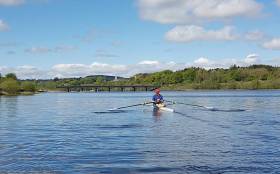Displaying items by tag: cancelled
Patrol by Naval Service Cancelled Due to Crew Shortage
Naval Service manpower crisis continues, writes Irish Examiner, with ships being delayed going on patrol because they are short of a specialist crew member.
LÉ Niamh was to go on patrol last Monday but was forced to cancel sailing when a communications specialist earmarked for the four-week patrol was unable to join the crew due to illness.
The Irish Examiner understands at least three such incidents have occurred in recent months and that it is becoming a growing problem associated with critical shortages of communications specialists, medics, marine engineers, engine-room fitters, and electronics and electrical technicians.
Nearly 15 months ago, a decision was made to take two ships out of operations and to disperse their crews around the rest of the fleet to ensure the remaining ships were adequately manned.
However, the continued exodus of personnel has meant some of the remaining operational ships are struggling to find the necessary skill-sets to go to sea.
For more on this crew crisis click here.
Corrib Head of the River, the rowing event scheduled for Galway on Saturday, has been cancelled because the flow of the river is too strong to safely hold the event. This means that all seven heads which should have been held this year have been cancelled.
Meanwhile, Rowing Ireland has announced that it will limit access to the National Rowing Centre to high the Olympic training squad, coaches and “essential staff”.
Rowing Ireland says that no one outside this group will be granted access until April 5th, when the decision will be reviewed.
Development camps, trials for under-23 and juniors and club and schools activities will not be allowed.
Neptune Head of the River Cancelled
#Rowing: The Neptune Head of the River, scheduled for Saturday, November 2nd, at Blessington Lakes, has been cancelled. The entry was low and the organisers decided not to go ahead. The Castleconnell Head, set for next Saturday, Ocober 2nd, has a huge entry and crews were unlikely to compete in both events.
Limerick Regatta Cancelled
#Rowing: Plans to hold Limerick Regatta on Sunday have been abandoned. The regatta was scheduled for O’Brien’s Bridge on Saturday, but the forecast predicted the arrival of Storm Hannah. The organisers have announced that a proposal to move to Sunday faltered because they could not source an ambulance and safety launch for the venue at such short notice. They thanked those who entered.
Refixed St Michael's Head Cancelled
#Rowing: St Michael’s Head of the River, which was refixed for this Sunday, March 31st, has been cancelled. The event was originally scheduled for St Patrick’s weekend (March 16th) but fell to a bad weather forecast. The entries were low for the refixed event and it has been cancelled.
St Michael's will hold a club event and have asked clubs which had entered to join them if they wish.
St Michael's Head of the River Cancelled
#Rowing: The St Michael’s Head of the River, scheduled for Saturday, March 16th, has been cancelled. The weather forecast for Limerick changed, and the organisers felt they could not be certain of running a safe event. Monday was considered for a rescheduled event, but some clubs could not change their plans.
Skibbereen and Lagan Heads Lost to Winds
#Rowing: The Skibbereen and Lagan heads of the river have both been cancelled. Both were scheduled for Saturday. The Belfast Rowing Club event was cancelled late on Thursday night, while Skibbereen waited until Friday morning to make the call on their head, set for the National Rowing Centre. The forecast of high winds led to the cancellations.
Bann Head of the River Cancelled
#Rowing: Bann Head has been cancelled. The organisers joined those of Skibbereen Head in deciding that the weather conditions might have endangered contestants. The Coleraine event and the Skibbereen Head at the National Rowing Centre were both set for tomorrow, Saturday.
Skibbereen Head Cancelled
#Rowing: Skibbereen Head of the River, set for Saturday, November 17th, at the National Rowing Centre, has been cancelled. A forecast of high winds led the organisers to make the decision on safety grounds.
#Rowing: Metro Regatta has been cancelled. The weather forecast was for winds to rise to 20 to 25 kilometres in the afternoon at Blessington – with gusts. The organisers felt that these conditions might have made it unsafe to row. The cancellation is the third of a major regatta, following Skibbereen and Lough Rinn.



























